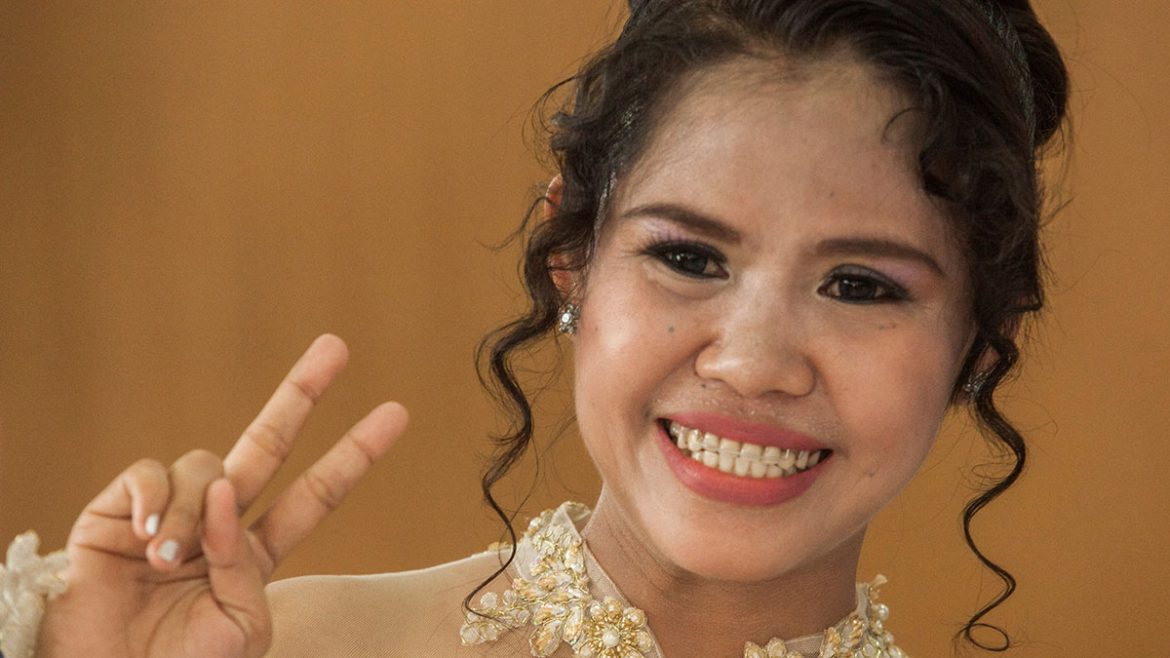The International Association of Democratic Lawyers (IADL) has urged President Ferdinand Marcos Jr. of the Philippines to grant clemency to Mary Jane Veloso, who is imprisoned for drug trafficking. Veloso, a Filipina migrant worker, was nearly executed in Indonesia before her transfer back to her home country. The IADL’s appeal highlights the vulnerabilities faced by migrant workers, especially those coming from economically disadvantaged backgrounds.
Veloso was arrested in Indonesia in 2010 for attempting to smuggle heroin into the country. Proclaiming her innocence, she asserted that she was a victim of human trafficking and was unaware that she was carrying illegal drugs. Her case drew international attention, and many viewed her as a symbol of the exploitation and risks faced by migrant workers.
In 2015, Veloso was granted a last-minute reprieve from execution due to public outcry and diplomatic efforts. Her case was revisited in light of new evidence and testimonies that suggested she was unwittingly involved in the drug trade. Indonesian authorities agreed to extradite Veloso to the Philippines in December 2024, where she is now serving her sentence.
Upon Veloso’s return to the Philippines, advocates have continued to push for her release. They argue that she was used as a pawn in a larger criminal operation and should be granted clemency on humanitarian grounds. The IADL emphasized that Veloso’s situation is indicative of the challenges faced by many migrant workers who fall prey to traffickers.
Veloso’s legal team and supporters have been working tirelessly to clear her name. They are hopeful that the new Philippine administration under Marcos will take a fresh look at her case and consider granting her freedom. Her return to the Philippines has reignited discussions about the need for stronger protections for migrant workers and the importance of addressing the root causes of human trafficking.
President Marcos has acknowledged the clemency request but has noted that the decision rests with legal experts. He has called for a comprehensive review of Veloso’s case to determine the appropriate course of action. The president has also expressed a commitment to strengthening laws and policies that protect overseas Filipino workers from exploitation.
Veloso’s case has sparked a broader debate about drug-related offenses and the justice system’s handling of cases involving vulnerable individuals. Human rights groups in the Philippines and abroad have pointed to her case as a reminder of the need for fair trials and due process. They also underscore the importance of international cooperation in addressing transnational crimes such as human trafficking.
Veloso’s family continues to rally for her release, and her supporters remain optimistic that she will eventually be exonerated. Her story has resonated with many, and she has become a symbol of hope for those fighting against human trafficking and advocating for the rights of migrant workers.

